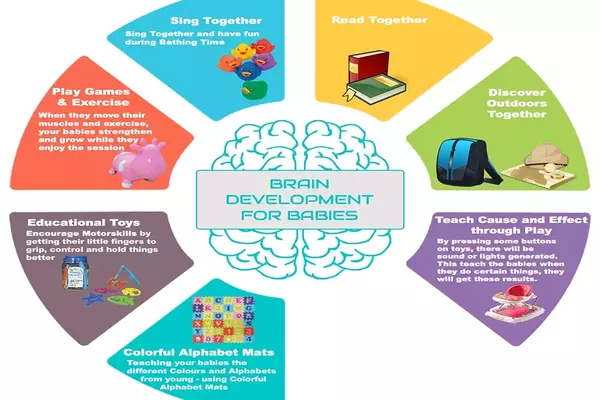Naps can disclose a lot about your child’s brain development and overall health. Sleep is critical for a child’s physical and cognitive development, and the timing and length of naps might reveal information about their brain health. According to new research from the University of East Anglia, infants who nap a lot have smaller vocabularies and weaker cognitive skills.
Parents all over the world are concerned about their children getting too little or too much sleep. However, according to a new study published some youngsters are more proficient at absorbing knowledge during sleep, therefore they nap less frequently. Others, typically those with fewer words and worse cognitive abilities, require more frequent naps.
The research team says that reducing naps for these children will not improve brain development and that they should be allowed to nap as frequently and for as long as they need. Lead researcher Dr Teodora Gliga said:
“There is a lot of parental anxiety around sleep. Parents worry that their kids don’t nap as much as expected for their age – or nap too frequently and for too long. However, our research shows that how frequently a child naps reflects their individual cognitive need. Some are more efficient at consolidating information during sleep, so they nap less frequently. Children with smaller vocabularies or a lower score in a measure of executive function, nap more frequently. Young children will naturally nap for as long as they need and they should be allowed to do just that,” she added.
Our findings suggest that children have different sleep needs – some children may drop naps earlier because they don’t need them anymore. Others may still need to nap past three years of age. In the UK, preschools enrolling three to five-year-olds have no provisions for napping.
Dr. Teodora Gliga
During the 2020 lockdown, the research team observed 463 infants aged eight months to three years. Parents were polled regarding their children’s sleeping habits, ability to focus on a task, memory retention, and the number of words they comprehended and could say. They also asked parents about their socioeconomic standing, including their postcode, income, and education, as well as the quantity of screen time and outdoor activities their child participated in.
Dr Gliga said: “Lockdown gave us an opportunity to study children’s intrinsic sleep needs because when children are in childcare, they rarely nap as much as they need to. Because nurseries were closed, it meant less disturbance to the children’s natural sleep patterns. None of the children taking part were attending daycare. What we found is that the structure of daytime sleep is an indicator of cognitive development.”

Infants who slept more frequently but for shorter periods of time than predicted for their age had lower vocabularies and poorer cognitive function. “We also discovered that the negative relationship between vocabulary and nap frequency was stronger in older children,” she noted.
“While the majority of parents reported that lockdown had no effect on their child’s sleep, parents from lower socioeconomic backgrounds were more likely to report a worsening in sleep.” Screen time increased during lockdown, while outside activities dropped, but these variances in children’s sleep did not explain the disparities. Previous research revealed that caregivers should encourage pre-school children to take frequent naps.”
“Our findings suggest that children have different sleep needs – some children may drop naps earlier because they don’t need them anymore. Others may still need to nap past three years of age. In the UK, preschools enrolling three to five-year-olds have no provisions for napping. Caregivers should use a child’s mental age and not chronological age to ascertain a child’s sleep needs,” she added.
















